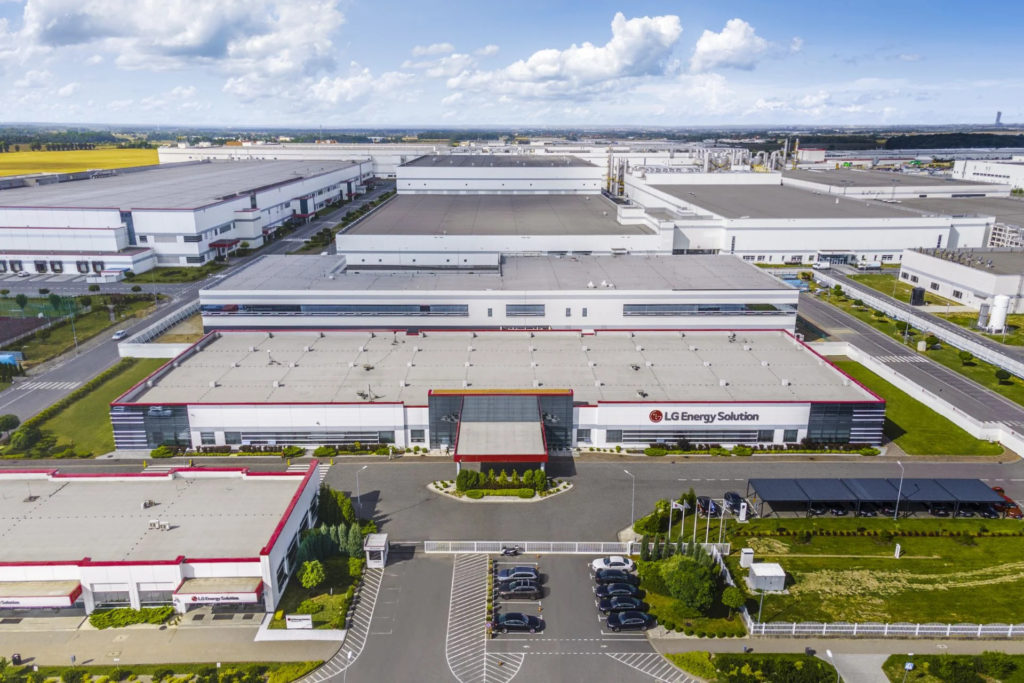South Korea said to build lithium reserves to aid battery sector

South Korea has started building its lithium inventories to secure supplies of the critical mineral that’s crucial for its battery and auto manufacturing industries.
The nation has already bought some lithium carbonate, a refined form of the battery material used in EVs, this year from Chile via state-controlled Korea Mine Rehabilitation and Mineral Resources Corp. (KOMIR), said two people familiar with the matter, who weren’t authorized to speak publicly.
The government has now allocated 233.1 billion won ($171 million) to secure critical minerals for development of the nation’s cutting-edge technologies, according to another person with knowledge of the matter. It plans to spend most of it on building its lithium reserves for electric-car batteries in an effort to counter potential shortages amid heightened geopolitical tensions, the person said.
The budget, which marks a 526% jump from the last year’s, is expected to be deployed during 2024, according to the person.
KOMIR declined to comment when reached by phone.
South Korea’s stockpiling strategy comes at a time when lithium prices have struggled to rebound from a sharp plunge last year. Authorities are also striving to ensure domestic companies can maintain competitiveness in the US by meeting the requirements of the Inflation Reduction Act.
President Joe Biden’s signature legislation, enacted in 2022, is intended to reduce reliance on China – which still dominates the processing of crucial battery materials including lithium.
Prices of lithium rallied to a record high in late 2022 as the global push toward an electrified transport fleet fired up consumption, while supplies struggled to keep pace. Car and battery manufacturers were scrambling to secure offtake or expansion deals to lock in lithium.
Since then, EV demand growth has been weaker than expected, with battery makers including LG Energy Solution Ltd. and Samsung SDI Co. reporting smaller profits last year. Meanwhile, a massive wave of new lithium supplies also weighed on prices – which tumbled more than 80% in 2023 and have yet to see any meaningful recovery this year.
South Korea’s trade ministry unveiled a plan in March to invest 241.7 billion won over the next three years to build warehouses for storage of critical minerals, including lithium, gallium and rare earths.
(By Annie Lee and Heejin Kim)
{{ commodity.name }}
{{ post.title }}
{{ post.date }}




Comments